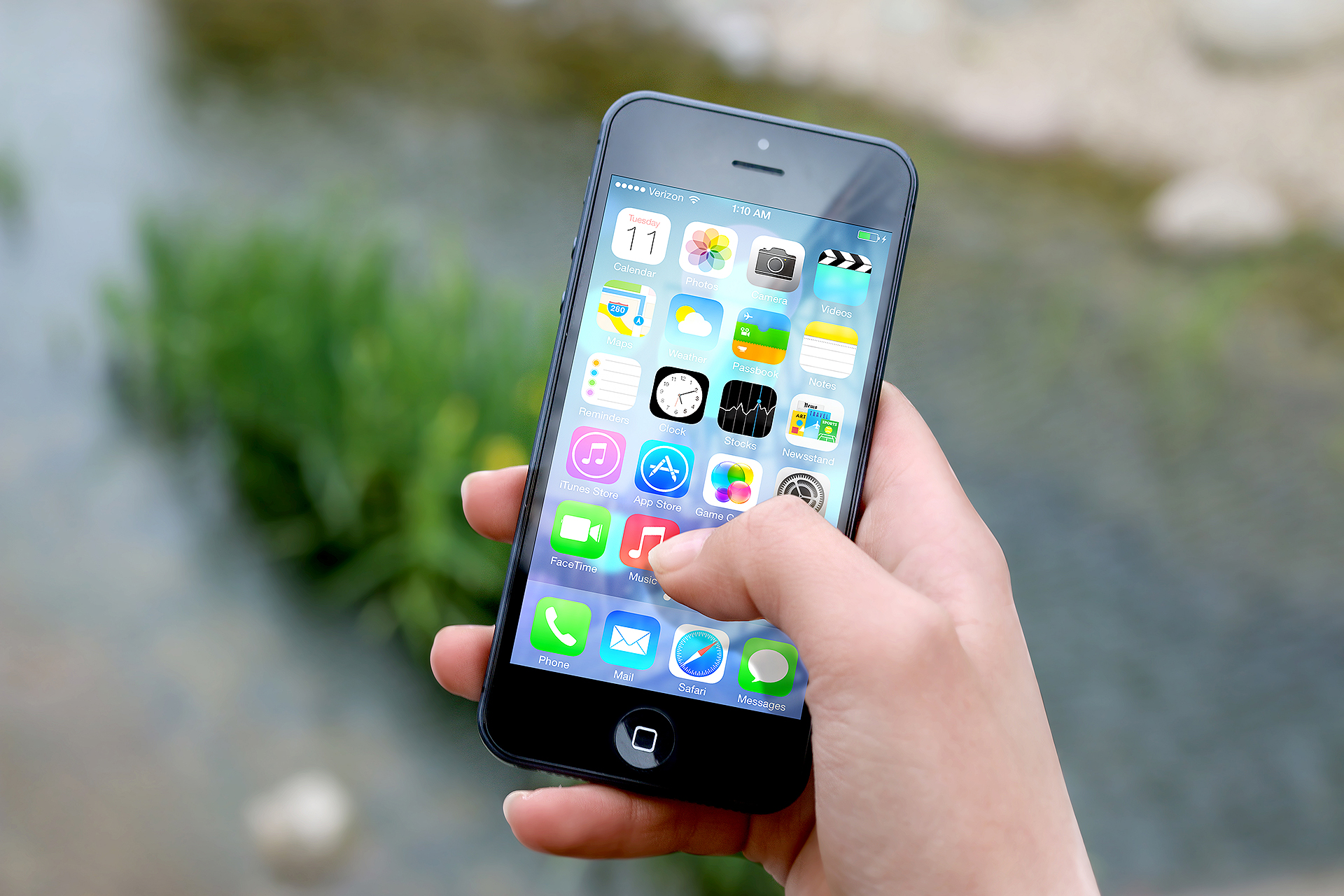- 1
- 2
- 3
- 4
- 5
- 6
- 7
- 8
Photo: Jan Vašek via Pexels

You Can Lower Your Cellphone Bill
Mobile technology has rapidly revolutionized our ability to access information and communicate, from anywhere. Unfortunately, phone bills have also rapidly increased, sometimes without delivering more value to the consumer—a mobile plan can easily cost more than $100 per month before additional fees and charges. Fortunately, there is a lot you can do as a consumer to cut your bill down to size.
Download and print these tips
Protect Yourself From Unauthorized Charges
The Federal Trade Commission recently took legal action against a company alleged to have taken in millions of dollars by billing for a service that mobile phone users had not requested. The practice is called “cramming:” a third-party company tells a mobile provider that a consumer has authorized charges for a service from the third-party. In reality, the consumer has not requested the service or authorized charges, and may be completely unaware that they are being charged by a third-party vendor.
Check Your Bill For Unknown Charges
Protect yourself by checking your monthly statement for additional or unknown charges. You should also be careful about providing your phone number online. If your bill has been crammed, contact your mobile provider and file a complaint with the Federal Trade Commission.
Don't Sign Up For Another Long-Term Contract
The total cost of buying a phone and then purchasing a pre-paid plan is a fraction of the cost you will incur over the course of a two-year contract that comes with a “free” phone. Recently, the major carriers introduced pre-paid plans for iPhone and Android devices, meaning you won't have to sacrifice quality. If you can afford to buy the phone up-front, you will save big in the long run.
If You Sign Up For A Contract, Use The 15-30 Day Trial Period To Test Your Phone And Service
All long-term mobile contracts have a period during which you can cancel your contract without an Early Termination Fee (ETF). Test your service at home, work, the store, and any other place you frequent. Test the apps and features to make sure that you like the OS, configuration options, and anything else that you care about. If it doesn't meet you needs, you've got a get-out-of-jail-free card for the first two weeks—check with your mobile provider to find out if you have a longer trial period.
If You Don't Like Your Long-Term Contract, Try To Get Out Early Without Paying The ETF
If your carrier changes your contract terms (e.g. text message prices or administrative fees), you may have legal grounds to cancel the contract. You can also make someone else responsible for your contract by swapping out yours for theirs at celltradeusa.com or trademycellular.com.
Speak With A Customer Service Supervisor
If you think you have a good justification to end service, like unemployment or military deployment, try customer service and escalate by asking to speak with higher level authorities until you get the answer you want.
Don't Settle For A Bad Signal
Start by checking to see if your carrier thinks that you should have reception at www.cellreception.com. Walk around your area to check the size of the dead zone. It may be easier to gauge if you change your phone's signal setting to give you a numerical rating for your signal. Next, complain to your service provider—if the issue is bad enough, they may provide you with a signal boosting device at no additional charge. Bad signal strength could also give you leverage if you'd prefer to find a new carrier.